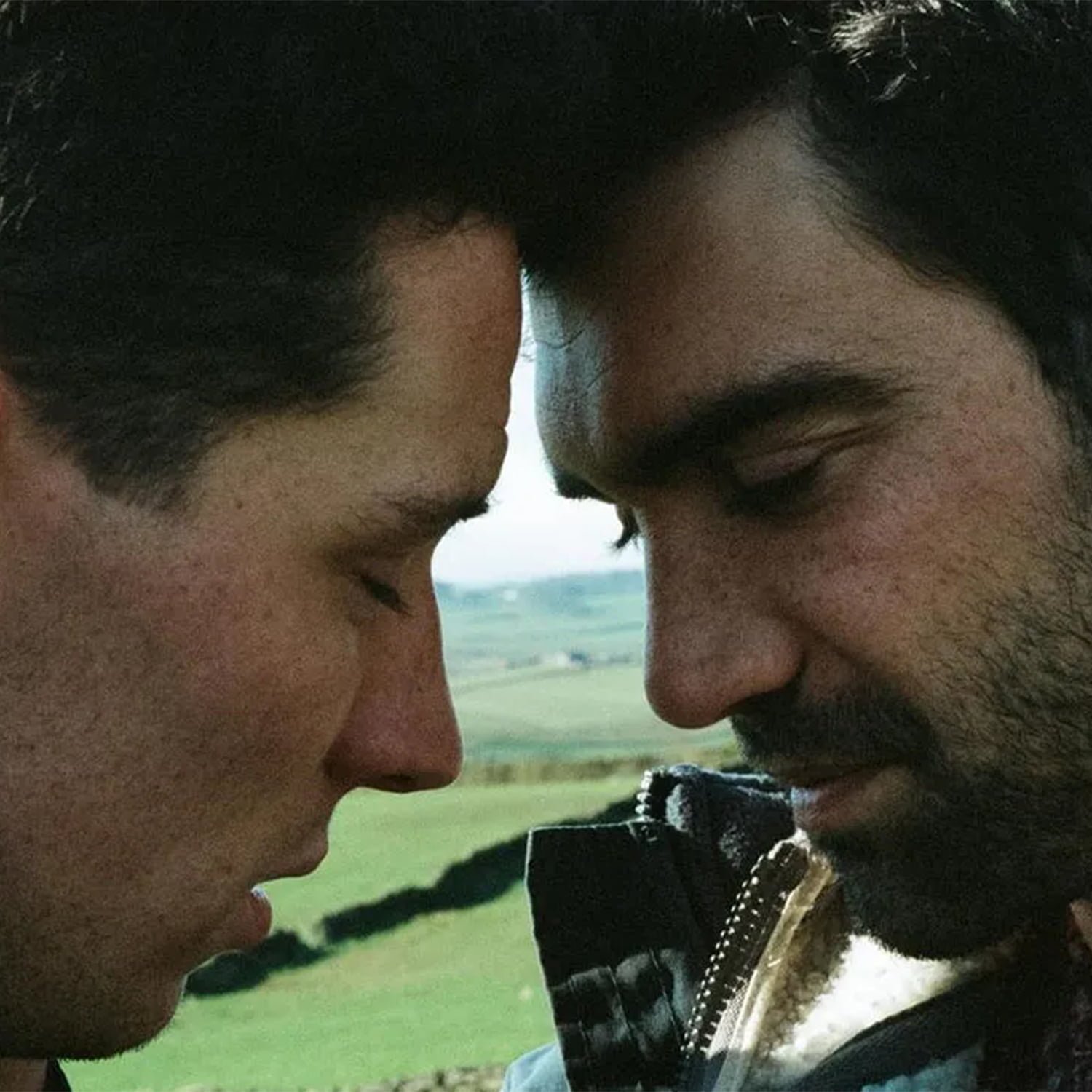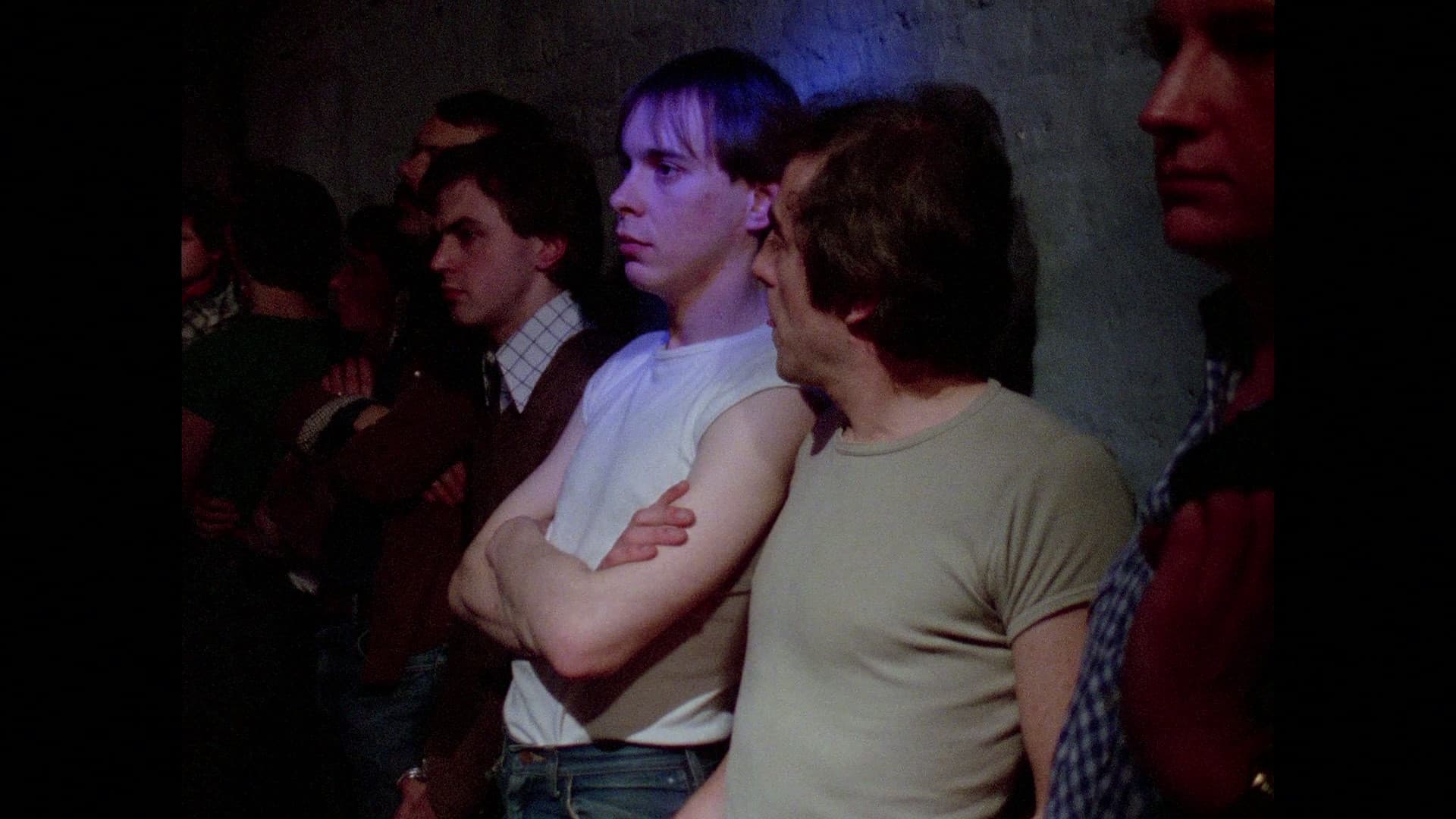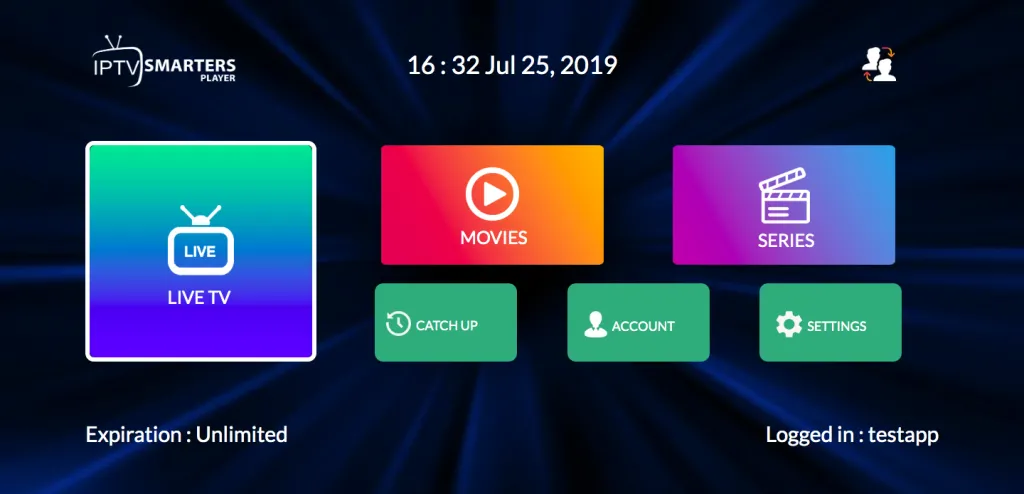
God’s Own Country (2017)
Basically the UK’s answer to Brokeback Mountain, but that little bit better. Starring flavour of the month Josh O’Connor (Challengers) as a young Yorkshire farmer, God’s Own Country follows what happens when a Romanian migrant worker (Alec Secăreanu) is enlisted as an extra pair of hands for lambing season. God’s Own Country is beautiful — a complex cinematic interplay of the their tender budding romance and the unsuspecting brutality of rural Britain.

Image Credit: God’s Own Country / British Film Institute
My Beautiful Laundrette (1985)
My Beautiful Laundrette marks actor Daniel Day-Lewis’ fourth ever role, and follows his character’s reunion (and eventual romance) with Omar, his childhood friend. Set against the backdrop of South London and featuring a very underrated Hans Zimmer score, My Beautiful Laundrette is a kind of Romeo and Juliet of the Thatcher years — Johnny (Day-Lewis) is a right-wing extremist and Omar is the son of a famous left-wing journalist… But together they end up running a laundrette. Just watch it, alright.

Image Credit: My Beautiful Laundrette / Working Title Films
Young Soul Rebels (1991)
Again, it’s a Romeo and Juliet kinda sitch. Though Young Soul Rebels spreads its focus across a number of different plots (all set in 1970s London), there’s a particularly trailblazing one involving the relationship between a gay punk and a soulboy — the latter being the term used for members of a working-class subculture centred around American soul and funk music. Though you might not have heard of it, Young Soul Rebels won the Critics’ Prize at the 1991 Cannes Film Festival, and that’s probably down to the fact that as well as being a seminal Queer (and POC-led) British film, it’s a real ode to the music scene of the time. Think scenes set in pirate radio stations and big ol’ showdowns where vinyl records are a heavy fixture.

Image Credit: Young Soul Rebels / British Film Institute
Queer as Folk (1999 – 2000)
Before Sex Education and It’s a Sin (which, as it happens, was also penned by Russell T Davies) there was Queer as Folk, which first aired on Channel 4 back in 1999. The premise? Essentially, a group of gay friends living their lives in and around Manchester’s Canal Street, which is at the centre of the Northern city’s gay village. “This was the first time many gay teenagers saw same-sex affection, let alone gay sex,” said political activist and writer Owen Jones in his cracking little anniversary write-up of the show.

Image Credit: Queer as Folk / Red Production Company
Blue Jean (2022)
Georgia Oakley’s directorial debut won her the People’s Choice Award at the Venice Film Festival back in 2022, and that’s because Blue Jean takes a simple premise and unpacks the nitty-gritty of the protagonist’s emotions with a masterful touch. Following a closeted PE teacher in the wake of the proposal of Section 28 (a series of UK laws that prohibited the “promotion of homosexuality”), Blue Jean is a contemplative little film that bridges the gap between what was going on back in the 80s, and persists today.

Image Credit: Blue Jean / BBC Film
Nighthawks (1978)
Regarded as the first explicitly gay British film, Nighthawks chronicles the day-to-day life of a gay man in late ‘70s London. Because it was so seminal, it took a good while to come to fruition, with director Ron Peck needing years to raise the necessary funding. Basically, think My Policeman – honing in on the idea of having to lead a double life – but infinitely better. Sorry Harry.

Image credit: Nighthawks
Flowers (2016 – 2018)
We might be being a bit cheeky by slipping this one in, but this series by Will Sharpe (who you’ll know from The White Lotus) is absolutely brilliant, and happens to feature a prominent lesbian character in the form of Amy Flowers, one of the troubled children of the oddball Flowers family. Watch both series of Flowers and you’ll get a rather all-encompassing picture of the lesbian experience — first season it’s all infatuation and burgeoning sexuality, but come the second season Amy has traded everything in for an older model, played by Harriet Walter (Killing Eve). The best TV show in years? We think so. Again, just watch it.

Image Credit: Flowers / Channel 4
Weekend (2011)
Before Andrew Haigh made All of Us Strangers, starring Paul Mescal and Andrew Scott, he made Weekend. Frequently appearing on (and often topping *wink*) lists of the best British Queer films, Haigh’s sophomore work follows two men who meet and begin a sexual relationship just before one of them is due to leave the country. Basically Before Sunrise, but gay. What more could you want?

Image Credit: Weekend / Synchronicity Films
Beautiful Thing (1996)
This is the second film on this list (the first being My Beautiful Laundrette) where you can go on a little gay pilgrimage to see one of the key locations where it was filmed. In this case, that’s Greenwich Tavern, where there now lives a little rainbow plaque to commemorate Beautiful Thing. Anyway — the film is based on a play of the same name, and is essentially a mix of a slice-of-life drama, and a gay coming-of-age flick. It’s also so ‘90s that we reckon you’ll walk away from a watch with a ton of inspo for pieces to search up on Depop.

Image Credit: Beautiful Thing / Channel Four Films
My Summer of Love (2004)
Paweł Pawlikowski’s critically acclaimed My Summer of Love marks Emily Blunt first ever feature film, following what goes down one summer when her character (the rather posh Tamsin) falls in love with Mona (who comes from a working-class family). If that isn’t enough to sell you on this film, just know it features actor Paddy Considine reprising the kind of role that he’s apparently bloody brilliant at: the ostensible mental case. See: Dead Man’s Shoes. See also: A Room for Romeo Brass.

Image Credit: My Summer of Love / BBC Films
WriterAmber Rawlings
Banner Image CreditGod’s Own Country / British Film Institute


I very delighted to find this internet site on bing, just what I was searching for as well saved to fav